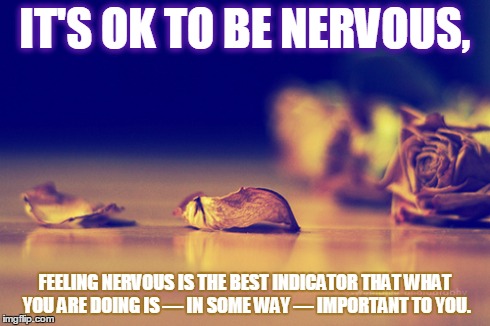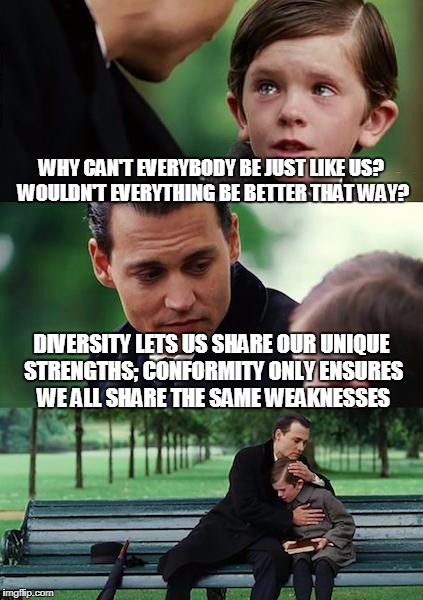The Beginning
As we are looking for cooperating centers, we need all the advice we can get. So we were advised to contact one member from the #psuaged18, one from #psuaged17/#psuaged16 and one from #psuaged15/#psuaged14.I chose to interview 3 lovely ladies; Cheyenne Myers from 2018, Sarabeth Royer from 2016 and Laura Metrick from 2015. I asked the following questions of all 3 fellow PSU Ag Ed members.
1. What was your biggest priority when selecting a cooperating center?
2. What advice would you give to juniors in the major as they are looking at cooperating centers and preparing to send their student teaching applications in?
3. What would you have done different if you could go through the selection of a cooperating center again? In other words, is there anything you wish you would have looked for in a cooperating center that you didn't before?
4. Is there anything else you would say or do in the entire process if you could do it over again (not just cooperating centers)?
Cheyenne Myers
1. She wanted a cooperating teacher who was organized and did not have a huge amount of shop classes as she was not comfortable with them. She wants to get the experience but wants something that she can easily manage.- I definitely relate to that as I never had a shop class until this semester of college. (Thanks Dr. Ewing for being patient with me!). Although, I do want a challenging class. I know it will be frustrating but I see student teaching as 2 parts (being okay with some classes then having some that you are uncomfortable with)
2. The advice that she would give to juniors is to make sure we are happy with our cooperating center. Cheyenne emphasized the importance of communication, asking questions and the fact that your cooperating teacher is "there to help you, it is what they signed up for."
- I sometimes feel as if I ask too many questions even though most people in these situations don't care. I think it would've helped me to know more of what kind of questions to ask.
3. The only thing that she might have tried that was different was traveling and looking at more than 2 places.
- I only went to two programs as I heard multiple great things about each and a ton of people said they'd be a good fit for me. And it turns out that I loved them both!
4. Other advice was to stay on top of things and plan ahead. You don't want to be staying late after school every day.
- One of my major goals is to stay ahead so hopefully it will happen!
Laura Metrick
1. Laura did not come from FFA so she wanted a school with a strong FFA Chapter. She also wanted challenging subjects (ag mechanics).- I grew up showing livestock in the same county as Laura and I went to the neighboring school district which had FFA. I also want a strong FFA Chapter but I have the experience so that isn't my top priority. Again, ag mechanics is important to me too!
2. Laura says that we need to ask questions, and find a program that will strengthen your weaknesses. We should not let location stop us from choosing a cooperating center. And again, she reiterated that the committee knows what they are doing.
- I know now that I just have to trust the process. Because I am conflicted, I am leaving it up to them.
- #WesternPAForLife is right! My heart is always at home too but I do like getting new/different experiences. Hence why I am going to the Eastern region to student teach. I heard so many good things about it, went and visited it myself and loved it!
4. Laura said, "Just make sure you always keep an open mind, embrace the whole experience and trust the process."
- Yes, yes, yes. I really believe in all of that. I wanted to interview Laura because we are from the same county and I wanted someone that grew up with a similar experience to me.
Sarabeth Royer
1. A program with great community interaction, strong ag mech, and something that challenged her. She said her favorite quote is "If it doesn't challenge you it doesn't change you."
- That really resonates with me. I never really thought about it that way but if you can handle a challenge while student teaching, then you can handle it when you are actually teaching. It is all to make you the best teacher that you can be (and that won't even happen in the first few years).
- My strengths are animal science (in regards to content I'm super comfortable with). Other things would be compromise, understanding, acceptance and flexibility. My weaknesses are ag mechanics, soils and bascially anything else. I'm not terrible at plant science and wildlife type classes but I prefer animal science. Other weaknesses would be authoritativeness, making sure I'm keeping the class under control and reaching all students.
- This is why you shouldn't burn bridges. Be careful what you say and know how to ask the right questions. It might get you a job someday!
- Resources are great!!





Great job on this post Sara!
ReplyDelete